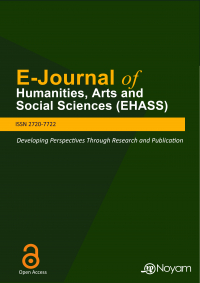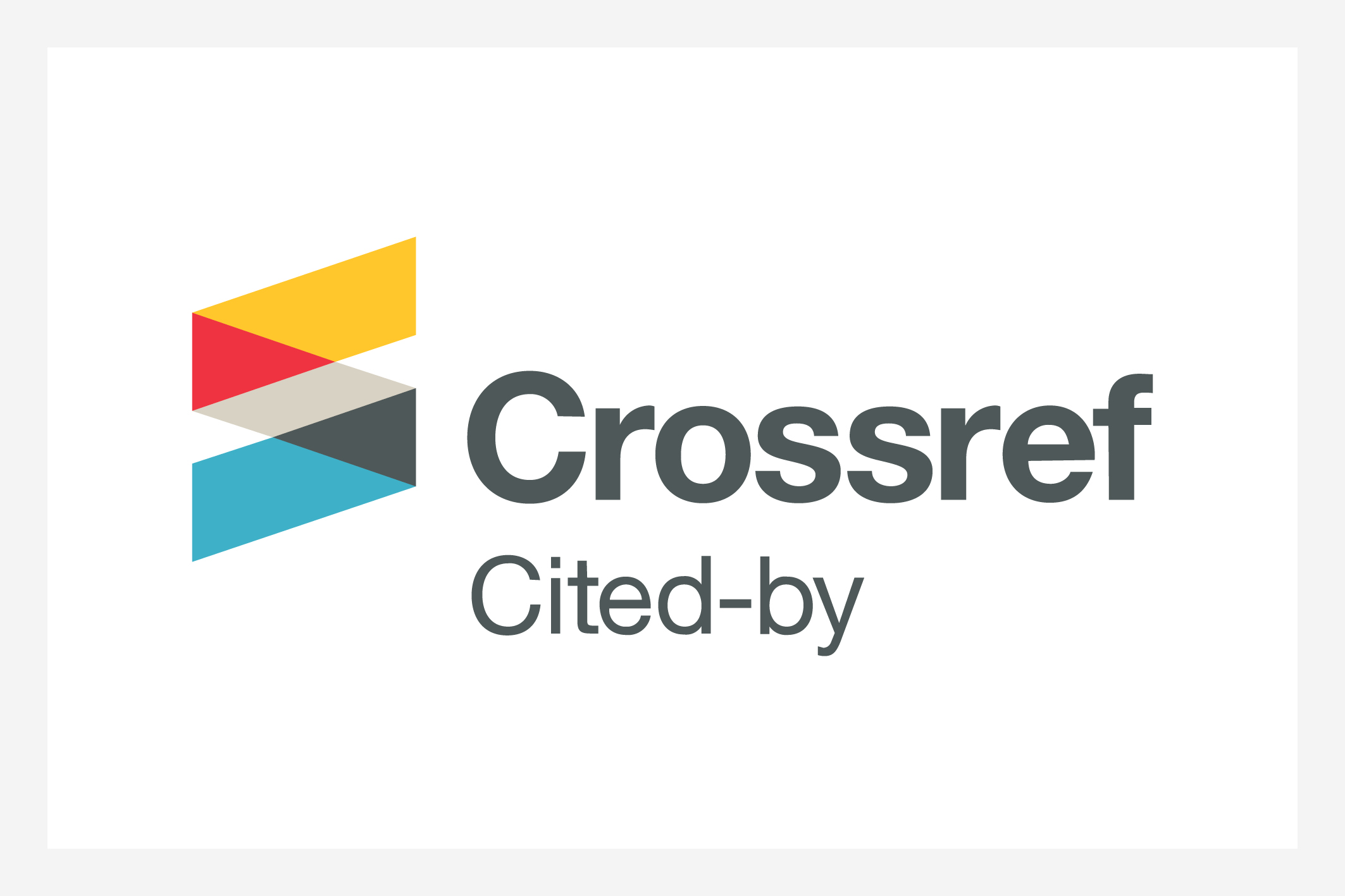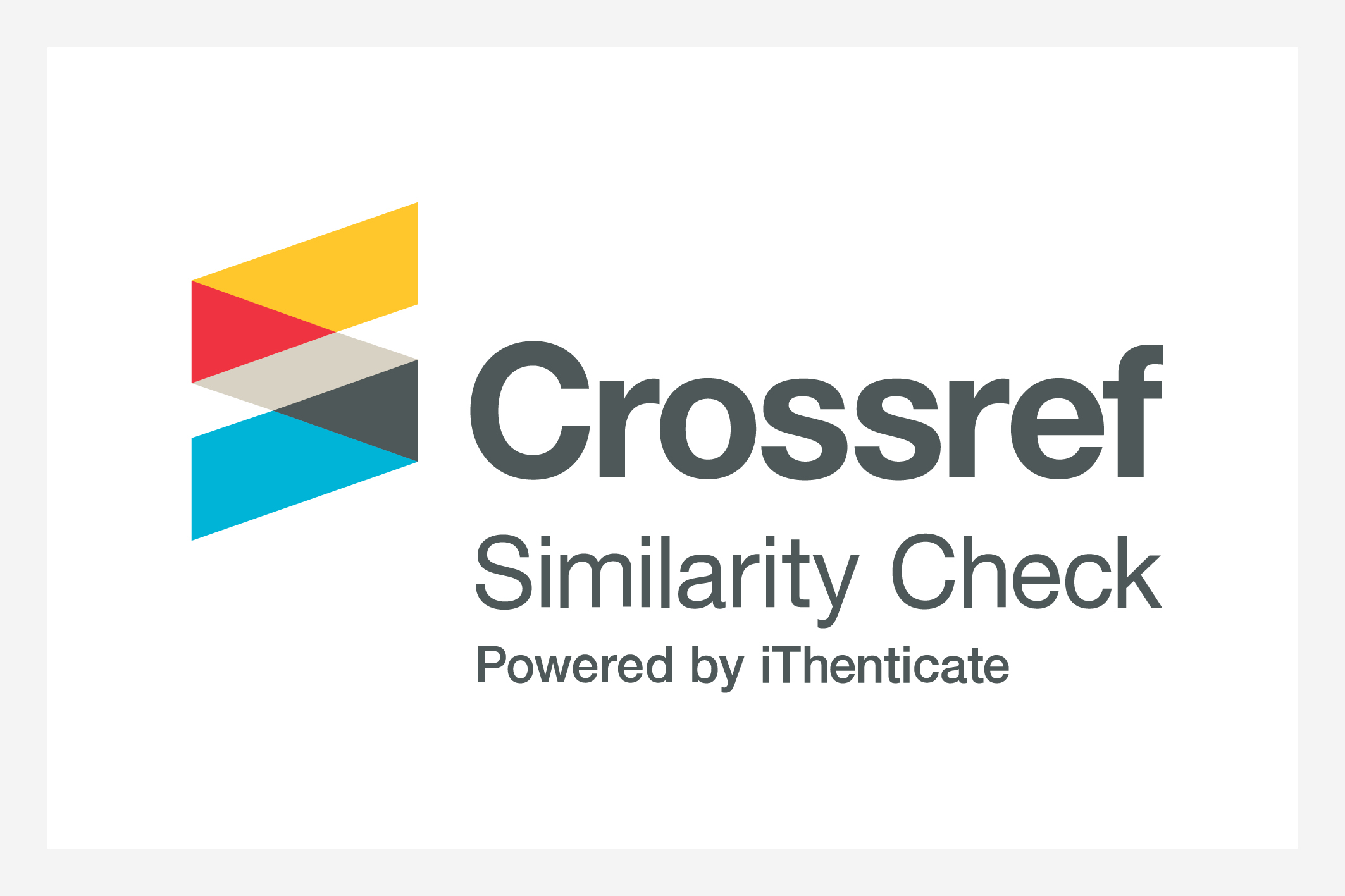
Misconception of Science and Traditional Beliefs on Covid-19 and Hepatitis B among a Cross-Section of the People of Northern Region-Ghana
Issue: Vol.6 No.12 Article 5 pp. 2950 – 2964
DOI: https://doi.org/10.38159/ehass.20256125 | Published online 11th November, 2025
© 2025 The Author(s). This is an open access article under the CCBY license (http://creativecommons.org/licenses/by/4.0/).
The study aimed to assess the science and the traditional beliefs of the people on COVID-19 and Hepatitis B among a cross-section of Ghanaian communities to provide a foundation for more education on diseases in the country. The study was limited to five communities in the Tamale Metropolis, Northern Region. The research design used was quantitative, specifically a descriptive survey, and relevant data were collected through primary and secondary sources using an interview guide with a randomly sampled population of 500 people: 250 males and 250 females. The data was analyzed using a descriptive approach. The results indicated that 20% females did not believe in the existence of the COVID-19 virus and did not observe any safety measures, 20% remained neutral. For hepatitis B,76% percent of the females believed in the existence of the virus, yet only 48% took the vaccine; thus, the female population also contributed to the increased infection among the population, but not as seen in their male counterparts, with 60 % who failed to take the vaccine against the disease. The hope here is that some people did not believe in the existence of these diseases, and yet they saw the need to observe at least one of the safety protocols in both cases. People all over the world need more education on diseases and their preventive measures, as well as protective laws. This study serves as a tool for advocacy and sensitisation to intensify education on diseases, particularly the deadly Covid-19 and Hepatitis B, and to recognise and support relevant laws that may be established to protect the elderly in society.
Keywords: Covid-19, Hepatitis, Science, Traditional Belief, Northern Ghana
Agyeman N. K. “You Can’t Call Anyone Witch in Ghana; It’s a Crime – Parliament,” 2023. https://www.graphic.com.gh/news/general-news/you-cant-call-anyone-witch-its-a-crime-parliament.html).
Apanga, Paschal Awingura, and Maxwell Tii Kumbeni. “Adherence to COVID‐19 Preventive Measures and Associated Factors among Pregnant Women in Ghana.” Tropical Medicine & International Health 26, no. 6 (June 15, 2021): 656–63. https://doi.org/10.1111/tmi.13566.
Ghana Health Service. “Situation Update Covid-19 Outbreak in Ghana ,” 2024.
Ghana Statistical Service. Ghana 2021 Population and Housing Census: General Report Highlights. Accra: Ghana Statistical Service, 2021.
Kyei-Arthur, Frank, Martin Wiredu Agyekum, Grace Frempong Afrifa-Anane, Reuben Tete Larbi, and Peter Kisaakye. “Perceptions about COVID-19 Preventive Measures among Ghanaian Women.” PLOS ONE 18, no. 4 (April 12, 2023): e0284362. https://doi.org/10.1371/journal.pone.0284362.
Landon, Emily. “UChicago Infectious Disease Specialist: What We Know about Novel Coronavirus UChicago Medicine’s Emily Landon Answers Common Questions about COVID-19,” March 20, 2020. https://news.uchicago.edu/story/infectious-disease-specialist-what-we-know-about-novel-coronavirus.
Markenson, David, Jeffrey D Ferguson, Leon Chameides, Pascal Cassan, Kin-Lai Chung, Jonathan Epstein, Louis Gonzales, Rita Ann Herrington, Jeffrey L Pellegrino, and Norda Ratcliff. “Part 17: First Aid: 2010 American Heart Association and American Red Cross Guidelines for First Aid.” Circulation 122, no. 18_suppl_3 (2010): S934–46.
May, Melaine A. “The Unity We Seek, the Unity We Share.” In A History of the Ecumenical Movement, edited by John Briggs. Geneva: World Council of Churches Publications, 2004.
Nidhi, J. “6 Myths Around the Disease Debunked,” 2022. https://www.factchecker.in/myths-facts/world-hepatitis-day-6-myths-around-the-disease-debunked-myths-and-facts-828222.
Norder, Helene, Anne-Marie Couroucé, Pierre Coursaget, José M Echevarria, Shou-Dong Lee, Isa K Mushahwar, Betty H Robertson, Stephen Locarnini, and Lars O Magnius. “Genetic Diversity of Hepatitis B Virus Strains Derived Worldwide: Genotypes, Subgenotypes, and HBsAg Subtypes.” Intervirology 47, no. 6 (2004): 289–309.
Ofori-Asenso, Richard, and Akosua Adom Agyeman. “Hepatitis B in Ghana: A Systematic Review & Meta-Analysis of Prevalence Studies (1995-2015).” BMC Infectious Diseases 16, no. 1 (December 18, 2016): 130. https://doi.org/10.1186/s12879-016-1467-5.
Ott, J J, G A Stevens, J Groeger, and S T Wiersma. “Global Epidemiology of Hepatitis B Virus Infection: New Estimates of Age-Specific HBsAg Seroprevalence and Endemicity.” Vaccine 30, no. 12 (2012): 2212–19.
Salifu, A, F K Abagale, and G Kranjac-Berisavljevic. “Soil Physical and Hydraulic Properties of Irrigable Lands in the Northern Region of Ghana.,” 2021.
Tran, Tram T. “Understanding Cultural Barriers in Hepatitis B Virus Infection.” Cleve Clin J Med 76, no. Suppl 3 (2009): S10-3.
Vasilopoulos, Aristidis, Nikoleta Alexandra Pantelidaki, Aggeliki Tzoura, Dimitra Papadopoulou, Kotrotsiou Stilliani, Theodosios Paralikas, Eleni Kortianou, and Dimos Mastrogiannis. “Factors Underlying Denial of and Disbelief in COVID-19.” Jornal Brasileiro de Pneumologia, September 23, 2022, e20220228. https://doi.org/10.36416/1806-3756/e20220228.
WHO. “Coronavirus Disease (COVID-19) Advice for the Public: Mythbusters,” 2020.
———. Coronavirus Disease (COVID-19) Advice for the Public: Mythbusters , 2020.
World Health Organization. “ WHO Definition of Health,” 2020. https://www.who.int/about/who-we-are/frequently-asked-questions.
Wu, Xiu Yun, Li Hui Han, Jian Hua Zhang, Sheng Luo, Jin Wei Hu, and Kui Sun. “The Influence of Physical Activity, Sedentary Behavior on Health-Related Quality of Life among the General Population of Children and Adolescents: A Systematic Review.” PLOS ONE 12, no. 11 (November 9, 2017): e0187668. https://doi.org/10.1371/journal.pone.0187668.
Dr. Abdallah Salifu was a science tutor at Tamale College of Education from 2008 to 2021. He is currently the Vice Principal of Gambaga College of Education, North East Region, Ghana. He attended the University of Cape Coast for his first degree, Kwame Nkrumah University of Science and Technology, in Kumasi, for his second degree and University for Development Studies, Tamale, for his terminal degree(PhD). His research interests lie in the areas of physics, chemistry, environmental science and other science-related disciplines.
Robert Akayim Awasina is a dedicated Assistant lecturer in the Department of Science at the Gambaga College of Education. With a strong academic background, he brings a unique blend of theoretical knowledge and practical expertise to the lecture hall. He has completed his PhD thesis in Innovation Communication, University for Development Studies, Tamale-Ghana (2025), currently waiting for graduation. He obtained an MPhil in Innovation Communication and a BSc. Agriculture Technology, from the University for Development Studies, Tamale-Ghana in 2015 and 2006, respectively. He has a research interest in the Social Sciences.
Dr. Nimatu Haruna Musah is a lecturer at the Tamale College of Education, Tamale, Ghana, West Africa. She has a PhD in horticulture. She is currently Head of Department for Science. She has research interests in Agriculture Science, Integrated Science and other science-related disciplines.
Salifu, Abdallah, Robert Akayim Awasina, and Nimatu H. Musah.“ Misconception of Science and Traditional Beliefs on Covid-19 and Hepatitis B among a Cross-Section of the People of Northern Region-Ghana.” E-Journal of Humanities, Arts and Social Sciences 6, no. 12 (2025): 2950 – 2964, https://doi.org/10.38159/ehass.20256125.
© 2025 The Author(s). Published and Maintained by Noyam Journals. This is an open access article under the CCBY license (http://creativecommons.org/licenses/by/4.0/).










